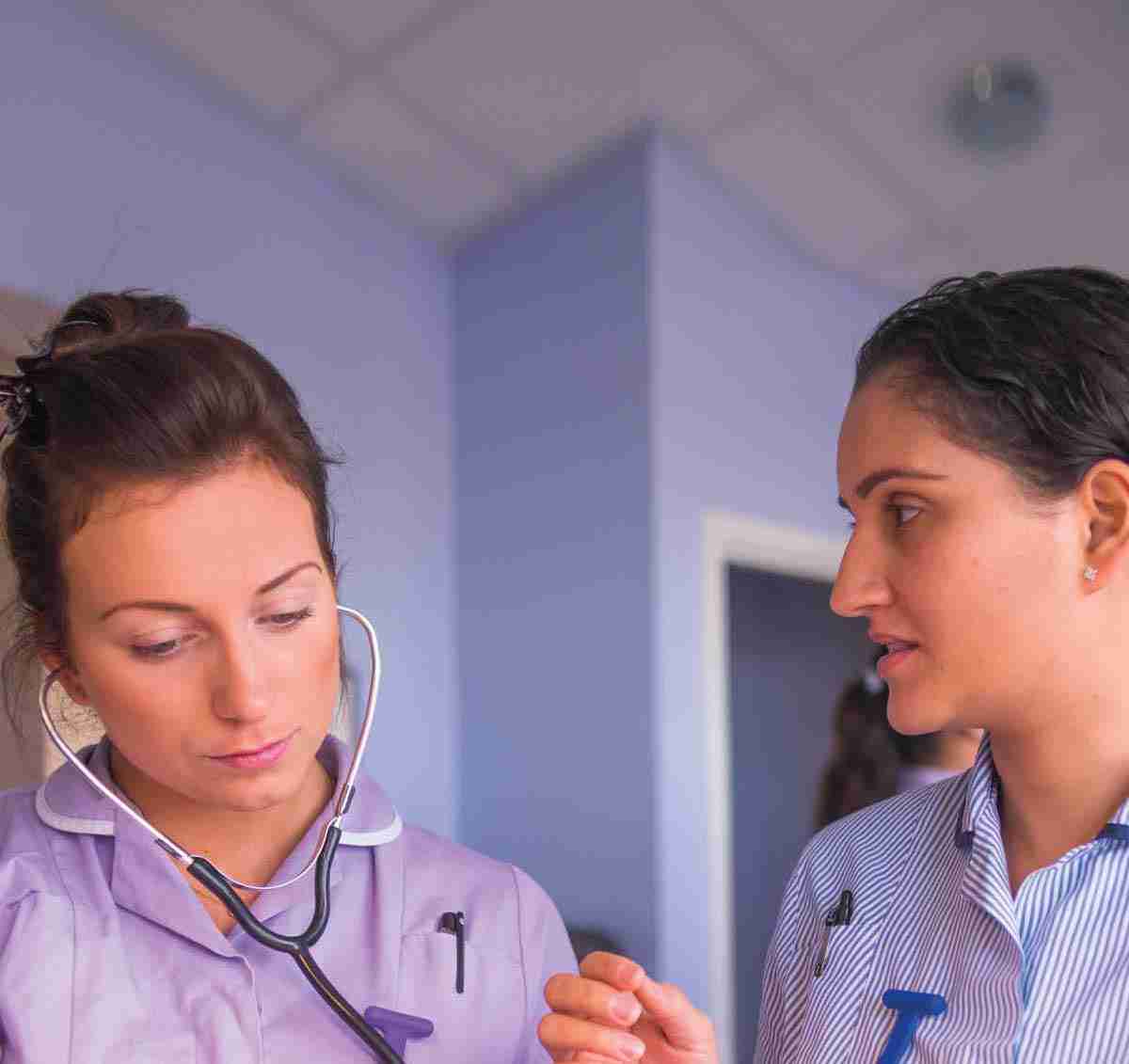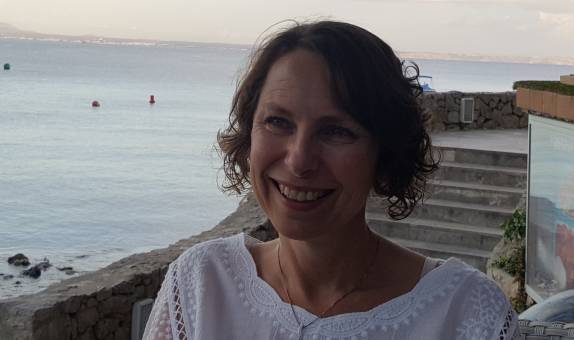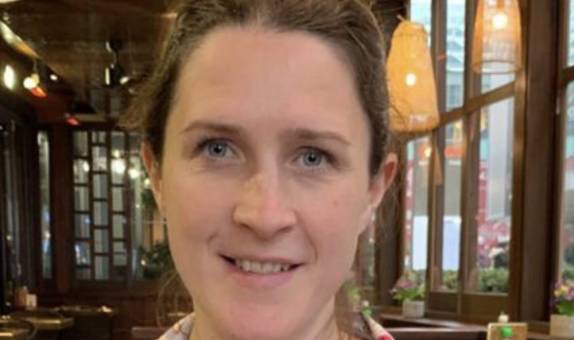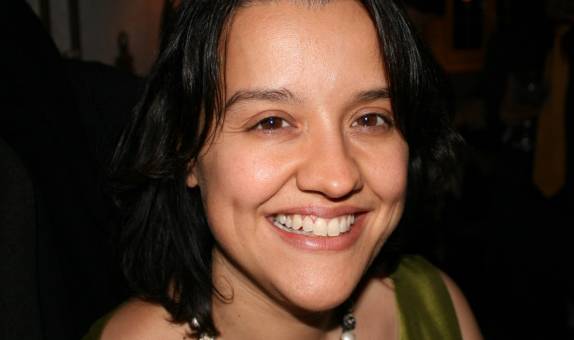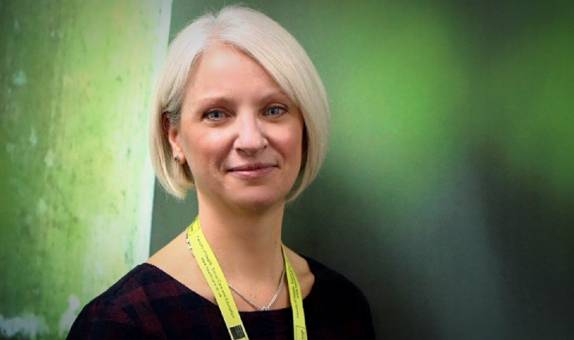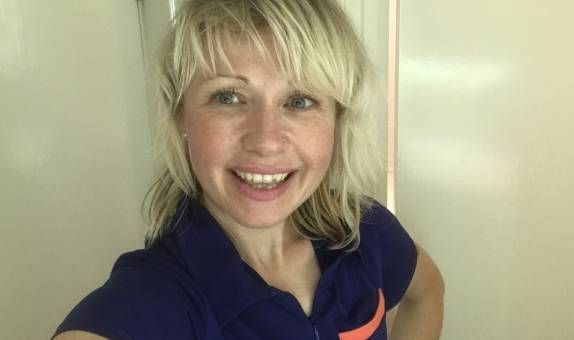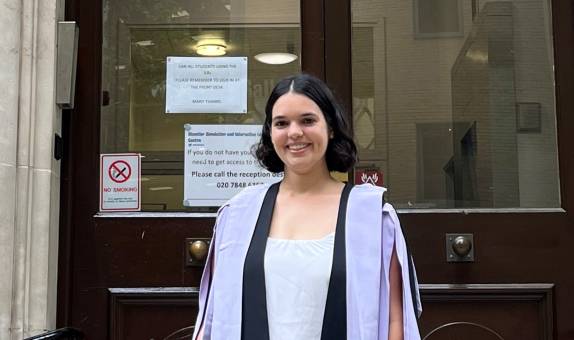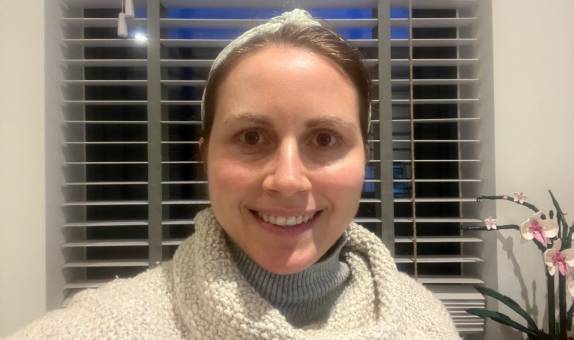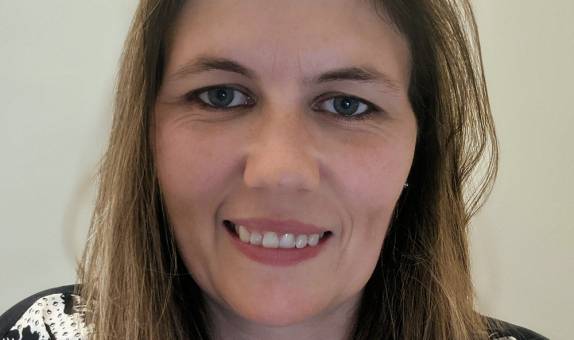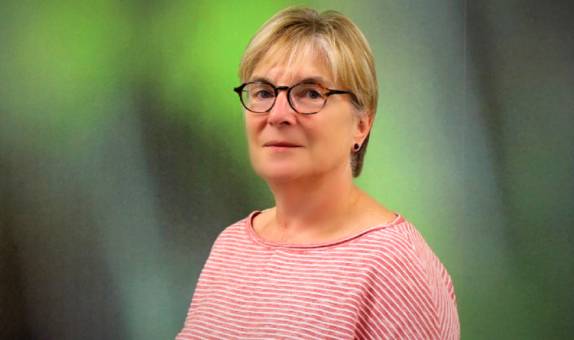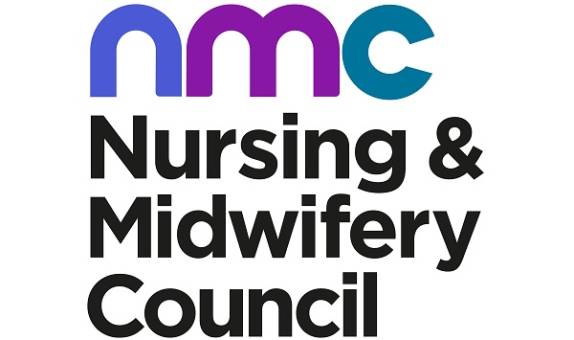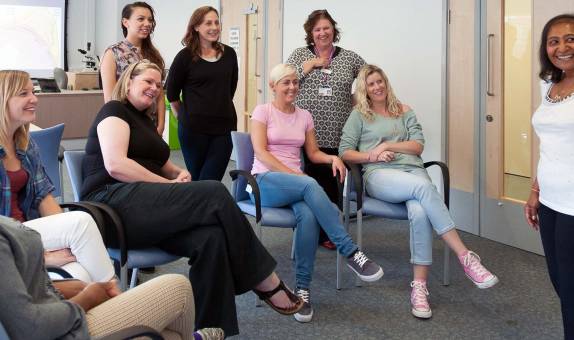Midwifery with Registered Midwife BMid (Hons)

Teaching Excellence Framework (TEF) Gold award
Our commitment to high quality teaching has been recognised with a TEF Gold rating. The University has received an overall rating of Gold, as well as securing a Gold award in the framework's two new student experience and student outcomes categories.
Why choose this course?
Midwives give care and advice to women and birthing people, and their families throughout pregnancy and the transition to parenthood. This essential role requires scientific knowledge, practical skills, interpersonal skills and empathy, which you'll gain on this course. This course offers a degree and a professional midwifery qualification. You'll graduate ready to enter the Nursing and Midwifery Council (NMC) and register as a qualified midwife.
Placements are available in maternity units in hospital and community settings throughout South London and Surrey.
Midwifery students not only have the use of the new Simulated Learning and Clinical Skills suite but have a dedicated Midwifery Skills space. This flexible learning space can be adapted to be a home-from-home or hospital environment, enabling students to gain confidence in a variety of settings.
Please note if you already have a BSc (Hons) at grade 2.2 or above, you could enrol on our Masters of Midwifery (MMid) course.
NHS Training Grant
Nursing and Midwifery students on pre-registration courses from September 2020 will receive a payment of at least £5,000 a year which they will not need to pay back, subject to eligibility criteria. For more information please visit the NHS Business Service Authority.
| Attendance | UCAS code | Year of entry |
|---|---|---|
| 3 years full time | B727 | 2024 (Clearing) 2025 |
Please note: Teaching on this course may take place on more than one KU campus.
| Main Location | Kingston Hill |
Reasons to choose Kingston
- Kingston University is ranked No.1 in London and No.7 in the UK for Midwifery (Guardian University Guide 2024).
- Our students are highly sought after; 100% of students from this course are in highly-skilled employment within six months of graduating (HESA Graduate Outcomes 2020/21).
- We have a new dedicated midwifery simulation suite for you to practise your clinical skills.
What you will study
Year 1
Year 2
Year 3
In Year 1, you will be introduced to midwifery theory and practice focussing on birth as a physiological process.
Core modules
Bodies and Birth 1
30 credits
This module will introduce the biological basis which underpins the provision of midwifery care, including an introduction to pharmacology, genomics and genetics.
This module will enable you to:
- gain a detailed understanding of the underlying concepts related to the normal anatomy and biological function of the human body
- have an in-depth understanding of genetics, epigenetics, genomics and pharmacology applied to midwifery practice
- apply your understanding of the physiological process which occur during pregnancy and childbirth to support participation in effective, evidence-based maternity care
- understand the relationships between the different physiological processes of lactation and the importance of human milk and breastfeeding to public health and well-being.
Social and Political Context of Birth 1
30 credits
This module will introduce the socio-political influences shaping the changing context of maternity care provision. You will develop an understanding of feminist theory, psychology, sociology and public health as it applies to childbearing.
This module will enable you to:
- investigate and critically analyse the social, psychological and political context of birth and childbearing
- understand the principles of public health and maternity care provision in the UK and evaluate the contribution of midwifery to individuals, families and society
- critically analyse the historical and contemporary position of women and birthing people in society
- explore the concepts of evidence-based practice, identify and evaluate sources of authoritative data.
Midwifery Profession and Practice 1A
30 credits
This module introduces the concepts of being a professional midwife. The contemporary role and scope of the midwife is identified and defined. The professional values and culture of midwifery will also be explored.
This module will enable you to:
- begin to understand the role and responsibilities of the midwife in supporting and caring for women / birthing people and their families
- gain an insight into the professional, legislative and cultural context of the midwifery profession
- develop the necessary skills to recognise and respond to vulnerability in self and others
- identify and analyse the best available evidence in order to participate in the provision of evidence-based care.
Midwifery Profession and Practice 1B
30 credits
This module introduces midwifery professional practice. It identifies the role of the midwife and locates the responsibilities of the midwife within the scope of midwifery practice, providing universal care to women and birthing people and their newborn infants. Professional behaviour, values and culture will also be explored.
This module will enable you to:
- participate in the provision of universal midwifery care for women and birthing people and their newborn infants, under close supervision and direction, across the childbearing continuum
- demonstrate an understanding of the professional, legislative and cultural context of the midwifery profession
- identify the regulatory legal and ethical issues affecting midwifery practice.
In Year 2, we build on your knowledge and skills gained in Year 1 and introduce the complexities that can occur during pregnancy for some mothers and babies.
Core modules
Bodies and Birth 2
30 credits
This module will enable you to:
- systematically analyse the quality and significance of published literature
- develop an in-depth knowledge and understanding of pharmacology and appropriate medicines management across the childbearing continuum
- have a detailed understanding of fetal and neonatal development and be able to identify the normal parameters of systematic newborn examination
- develop systematic knowledge and understanding of human pathophysiology, pathophysiology, genetics, epigenetics and genomics including the physiological processes of lactation, bonding and infant nutrition
Social and Political Context of Birth 2
30 credits
This module will enable you to:
- critically analyse the socio-economic, political and cultural factors which impact on health outcomes
- synthesise the interconnected issues which affect the health and care needs of women and birthing people and their families to generate transformative solutions
- source and systematically analyse authoritative data relating to public health and the socio-political context of maternity care
Midwifery Profession and Practice 2A
30 credits
This module will enable you to:
- optimise normal processes in a variety of contexts even where there may be additional care needs for the woman or birthing person, fetus, and/or newborn infant
- have a systematic understanding of the role and scope of the midwife in order to collaborate with other healthcare practitioners when caring for women and birthing people and/or the newborn infant with additional care considerations and work collaboratively within the team
- critically analyse and synthesise the available evidence to support women and birthing people as they adapt to pregnancy and childbirth, anticipating complications by evaluating findings from assessment, screening and care planning
- apply systematic knowledge and understanding to identify pre-existing, current and emerging complications affecting the women and birthing people, fetus and/or newborn infants.
Midwifery Profession and Practice 2B
30 credits
This module will enable you to:
- protect and promote aspects of normality in a variety of contexts even where there may be additional care needs for the woman or birthing person, fetus, and/or newborn infant
- demonstrate an in-depth understanding of the role of the midwife and participate in the shared responsibilities of caring for the woman or birthing person, fetus and/or newborn infant in unpredictable and complex situations, alongside other members of the health care team
- use a range of strategies and tools to ensure effective professional communication
Year 3 continues to develop your midwifery knowledge, understanding and skills, preparing you for autonomous practice as a midwife.
Core modules
Bodies and Birth 3
30 credits
This module will enable you to:
- have a deep and systematic knowledge of human anatomy, physiology, pharmacology, genomics and genetics to provide universal and additional midwifery care for women, birthing people and babies
- have an in-depth knowledge and understanding of sexual and reproductive health and contraception options
- apply your systematic knowledge of normal physiology to develop innovative strategies to promote physiological childbearing and mitigate the factors in the care environment that can negatively impact these processes
- recognise actual and potential additional care needs for childbearing women, birthing people and babies and initiate first line management of complications that may occur for the woman or birthing person, fetus, neonate or both
Social and Political Context of Birth 3
30 credits
This module will enable you to:
- investigate the historical and socio-political influences related to childbearing and critically analyse how this shapes the way midwives work both within the UK and globally
- critically analyse the local, national and international strategies and initiatives designed to promote equity of access to maternity and women's and birthing people's health services in a variety of contexts and evaluate the extent to which these promote and support individuals' rights, preferences, beliefs and cultures
- critically evaluate the impact of variations in childbirth and midwifery practice in a global context
- source and critically appraise the data relating to human rights and advocacy in maternity care to identify how this shapes your professional practice
Midwifery Profession and Practice 3A
30 credits
This module will enable you to:
- demonstrate confidence and responsibility as an accountable, autonomous, critical and analytical practitioner, fit for employment at the point of registration
- gain a systematic knowledge and understanding of professional and ethical frameworks for midwifery practice
- develop in-depth knowledge of midwifery principles and practice in order to effectively support and advocate for women and birthing people and newborn infants across the childbearing continuum
- implement and evaluate strategies to engage in personal health and wellbeing, ongoing education and professional development
Midwifery Profession and Practice 3B
30 credits
This module will enable you to:
- provide and critically evaluate safe and effective universal care for all childbearing women and birthing people, newborn infants and their families optimising physiological processes and managing common symptoms
- anticipate and prevent complications and take appropriate action when caring for women and birthing people and newborn infants with additional care needs working in partnership with interdisciplinary and multiagency colleagues
- critically analyse and apply evidence-based, best practice approaches across the maternity care continuum, including those which are complex and unpredictable
- provide first line management in emergency situations.
Future Skills
Knowledge to give you the edge
Embedded within every course curriculum and throughout the whole Kingston experience, Future Skills will play a role in shaping you to become a future-proof graduate, providing you with the skills most valued by employers such as problem-solving, digital competency, and adaptability.
As you progress through your degree, you'll learn to navigate, explore and apply these graduate skills, learning to demonstrate and articulate to employers how future skills give you the edge.
At Kingston University, we're not just keeping up with change, we're creating it.

Entry requirements
If you would like to join us through Clearing 2024, please call our Clearing line on 0800 0483 334 (or +44 020 8328 1149 if you are calling from outside the UK) and speak to our friendly and knowledgeable hotliners who will be able to provide information on available courses and will guide you through your options.
Please note the entry requirements listed below are for 2025 entry only.
Teaching and assessment
Scheduled learning and teaching on this course includes timetabled activities including lectures, seminars and small group tutorials.
It may also include placements, project work, practical sessions, workshops, conferences and field trips.
Who teaches this course?
You will be taught by leaders in the field who regularly contribute to research, particularly in the care of the mother or birthing person and child, before, during and after pregnancy. Our teaching has an extensive focus on practical skills development, in partnership with local NHS Trusts to ensure you are fully equipped and competent to practice.
Course fees and funding
Additional costs
Depending on the programme of study, there may be extra costs that are not covered by tuition fees which students will need to consider when planning their studies. Tuition fees cover the cost of your teaching, assessment and operating University facilities such as the library, access to shared IT equipment and other support services. Accommodation and living costs are not included in our fees.
Where a course has additional expenses, we make every effort to highlight them. These may include optional field trips, materials (e.g. art, design, engineering), security checks such as DBS, uniforms, specialist clothing or professional memberships.
Facilities
Our Kingston Hill campus offers you modern facilities and include well-equipped laboratories where you can practise within a safe environment. Our new simulation suite houses all the equipment needed to develop clinical practice skills.
This versatile space can be used for simulated home settings or a delivery suite setting. It also has a range of equipment, including a birthing pool, birthing mattresses, manikins, resuscitaires and exercise balls for you to learn with.
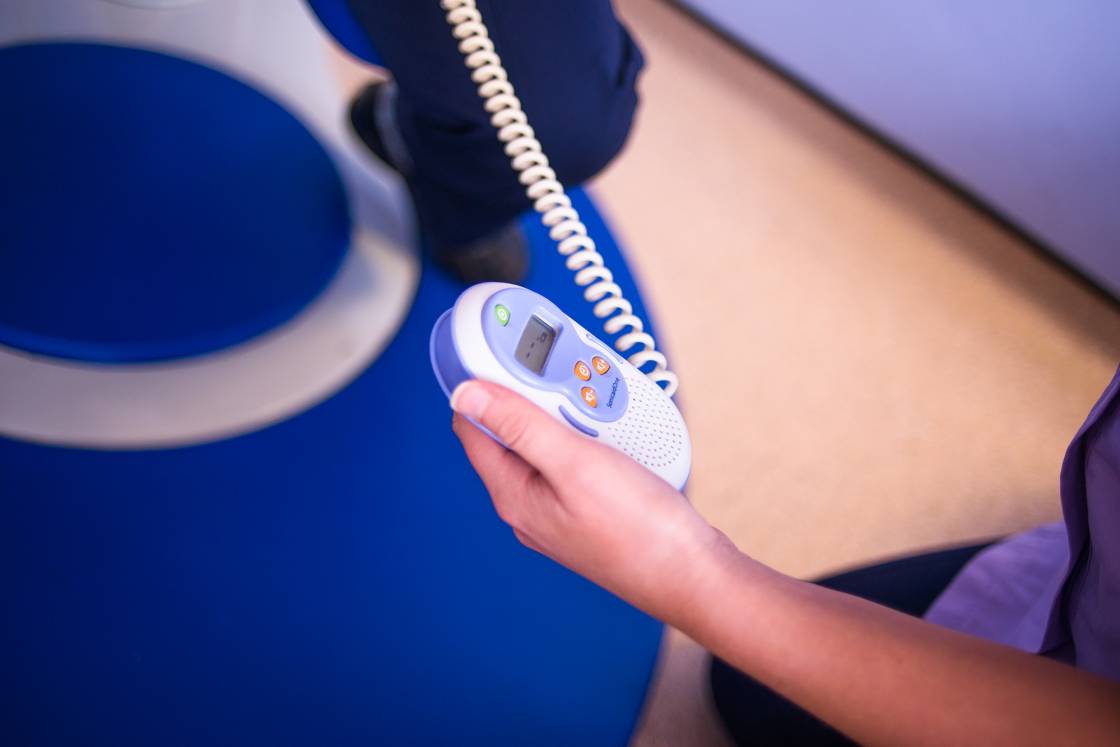
After you graduate
Midwives work in the NHS, independently and in the voluntary sectors. They can work clinically, teach, research or manage services.
Accreditation
This degree confers both an academic award and a professional qualification in midwifery. On completion of the programme, students are recommended to the Nursing and Midwifery Council for professional registration.
Links with the health sector
You will do a range of placements in different settings, including hospitals, community settings and continuity of care. We have a range of practice partners for midwifery from the NHS including:
- Croydon Health Services NHS Trust
- Epsom and St Helier University Hospitals NHS Trust
- Kingston Hospital NHS Foundation Trust
- St George's University Hospitals NHS Foundation Trust
- Frimley Health NHS Foundation Trust (including Frimley and Wexham Park hospitals)
- Ashford and St Peters Hospitals NHS Foundation Trust (St Peters Hospital)
Key information set
The scrolling banner(s) below display some key factual data about this course (including different course combinations or delivery modes of this course where relevant).
Course changes and regulations
The information on this page reflects the currently intended course structure and module details. To improve your student experience and the quality of your degree, we may review and change the material information of this course. Course changes explained.
Programme Specifications for the course are published ahead of each academic year.
Regulations governing this course can be found on our website.


